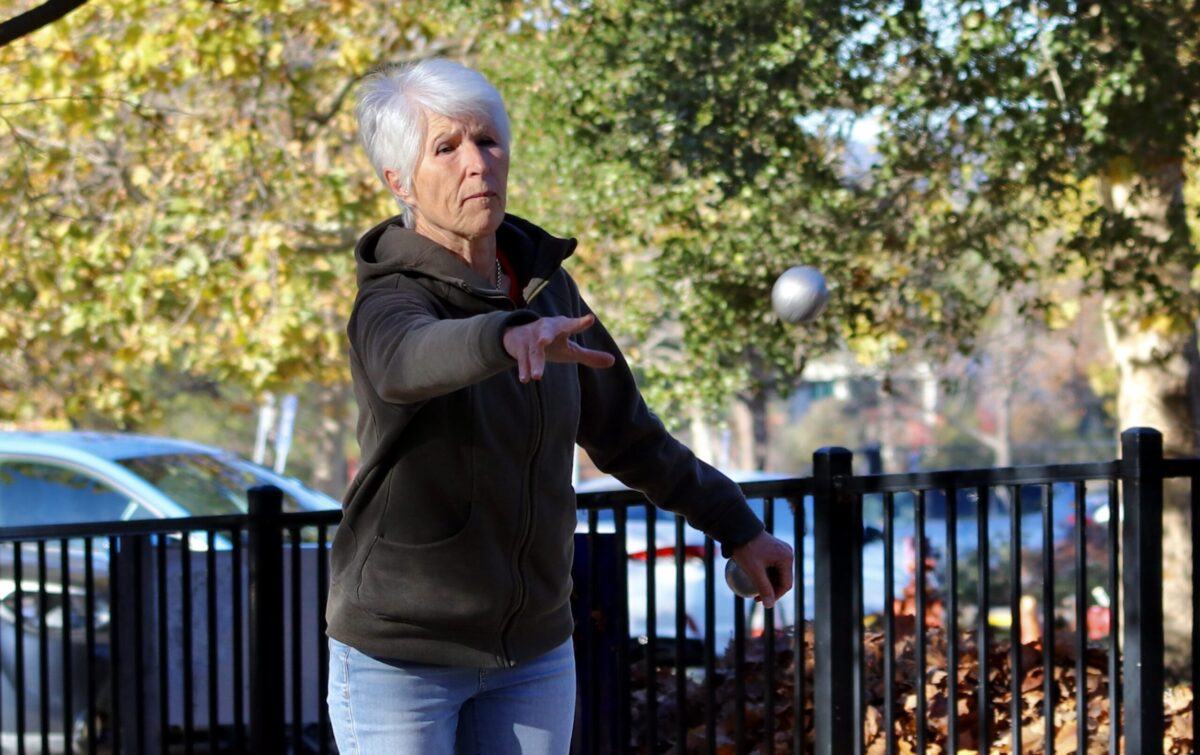 Society often avoids discussions about death, treating it as a taboo unfit for polite conversation. Yet, like many taboos, this aversion is profoundly misguided. Death, one of life’s certainties, deserves open dialogue, public debate, and, ultimately, personal autonomy. No one but the individual directly involved should hold the final say in matters of their mortality.
Society often avoids discussions about death, treating it as a taboo unfit for polite conversation. Yet, like many taboos, this aversion is profoundly misguided. Death, one of life’s certainties, deserves open dialogue, public debate, and, ultimately, personal autonomy. No one but the individual directly involved should hold the final say in matters of their mortality.
The specter of death looms universally. It is a natural process culminating in “the permanent ending of vital processes in a cell or tissue.” Final and irreversible. Yet, in most cases, this monumental decision is not left to the individual but dictated by conservative authorities averse to change.
While some fear death itself, many more dread the slow, agonizing process of dying—particularly when accompanied by pain or debilitating conditions.
Death is deeply personal. The decision of how and when it occurs should rest solely with the person involved. It’s a matter of agency over one’s body—a right that is gradually, though far too slowly, gaining recognition through the legalization of “assisted dying” in some parts of the world. But how long will it take before this right is universally accepted?
The question is urgent, especially given the state of deeply politicized judicial systems that may be ill-equipped to resolve such a nuanced, deeply human issue. As Napoleon Bonaparte aptly said, “Nothing is more difficult, and therefore more precious, than to be able to decide.”
In life, the mind governs the body, but when the body’s deterioration overwhelms the mind, it’s often time to let go. No elderly person desires to endure life tethered to machines, tubes protruding from every direction.
And what is the glory of reaching 100? While some embrace it with zest—like the centenarian who celebrated with a parachute jump—others may prefer to bow out quietly. Both choices are valid, as they stem from the individual’s unique perspective.
Thinking about death is not morbid; it is practical. It’s a decision that must be considered carefully while one still can choose. Assisted dying is as essential as the right to planned parenthood—both choices are rooted in autonomy and dignity.
Support this right before it becomes a casualty of regressive policies. A society that values individual freedom must ensure that this ultimate choice remains in the hands of the one who matters most—the person facing the end of their journey.
Alain
